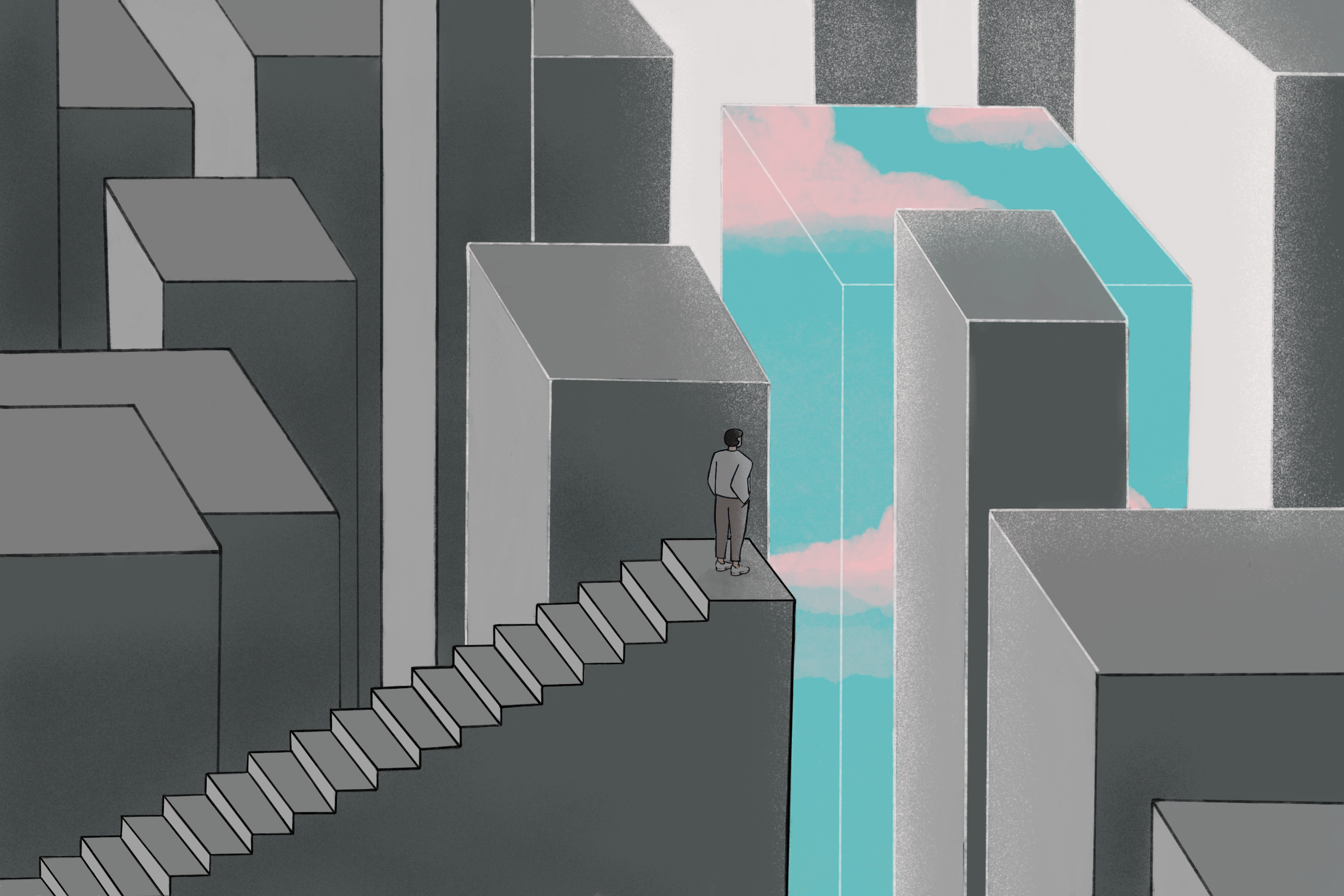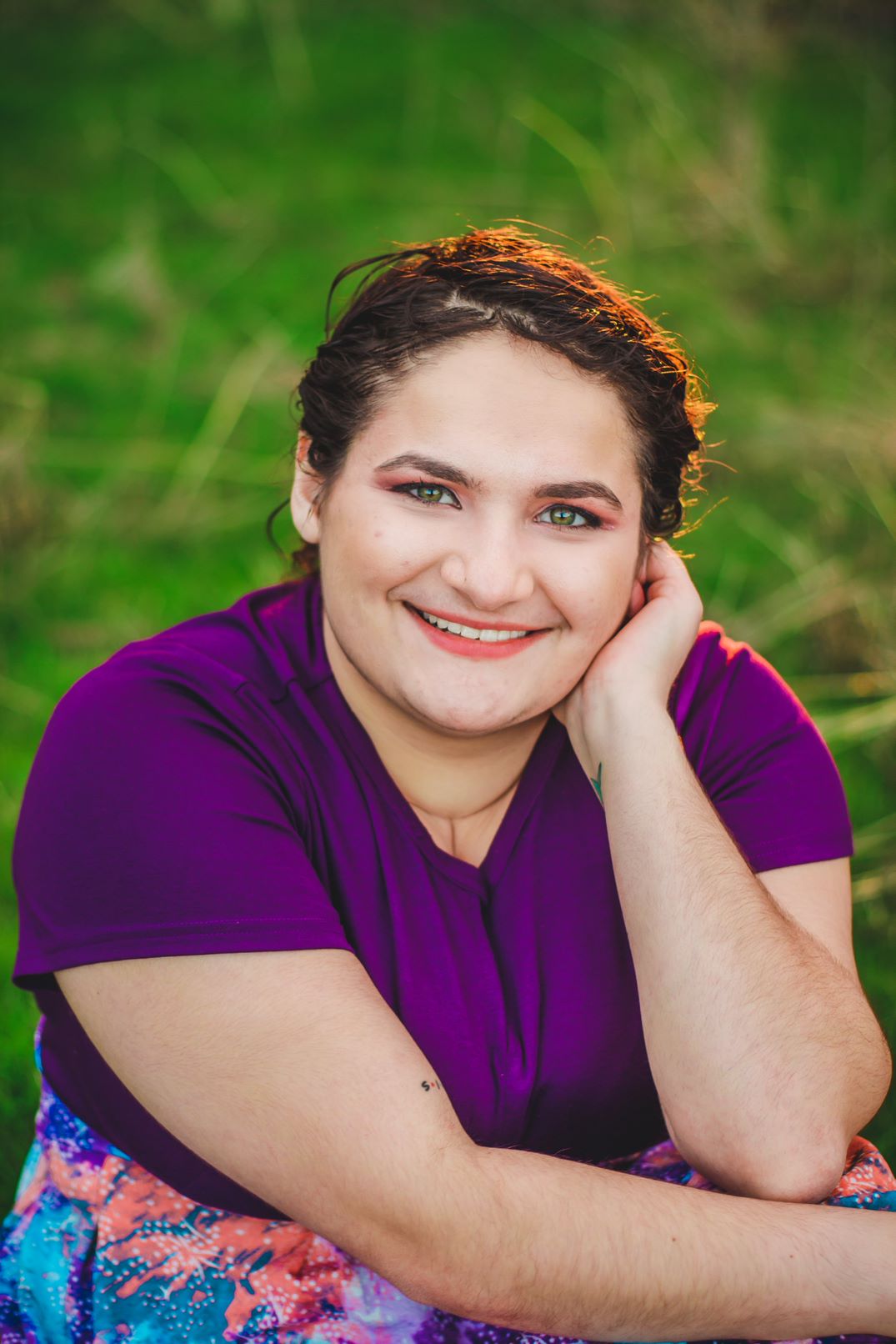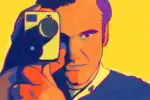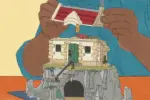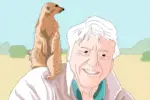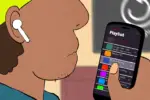Springtime has always been a rough season for me .I’ve witnessed this springtime hardship for other people as well. From watching people couple up around Valentine’s Day to seeing friends at graduation, there are so many changes that come with the spring breeze.
Honestly? It sucks.
There’s a lot of reasons we “fall behind,” so to speak.
In 2021, while pursuing my literature degree, I passed out on my college campus. I hit my head pretty hard and wound up with a severe concussion which left me unable to drive for a month—meaning I had to finish my classes remotely. After that semester, I had to take a two-year break from school, building up a multitude of diagnoses—mental health-wise and physical health-wise, including Postural Orthostatic Tachycardia Syndrome (POTS).
All the while, struggling with severe chronic illness, I was watching my old friends from high school move on with their lives. They were dating, getting married, graduating, and starting to have kids while I was stuck playing patient. It was a really rough time for me. I struggled a lot with the insecurities of not feeling “enough,” or like I was doing enough to progress my life. No matter what I did, I just couldn’t seem to move forward.
Finally, two years later, I’m back in school and trying to finish up my bachelor’s degree. And you know what? I’m better for it.
While being stuck is one of the worst feelings in the world, I realized I learned more about myself (and my health) than I ever had before.
Being chronically ill robbed me of a lot. It robbed me of my confidence, my freedom, and my intellect. (Well, I felt like it did, anyway) In the time I spent feeling stuck and learning how to cope with it, using new skills like guided meditation, finding online Facebook groups and taking the time to bond with my family, I finally had the time to breathe and learn how to reclaim those things. It really helped to find people on YouTube, like Aimee Esther, who struggle with the same conditions and still show that they have a wonderful life, even with these chronic illnesses. I still struggle with some of these insecurities but I grew tremendously in my two year leave.
The most important thing is that I learned to bloom where I’m planted, instead of striving to be in a different garden.
Well, mostly, anyway.
Another thing that helped me grow is that I’ve also been single since I was 17, when I had my first, and only relationship. For a long time (years) I was freaked out about my inexperience in the dating world and how I couldn’t seem to find a partner, no matter what I did. I changed my style several times, went on dating apps (bad idea—at least for me), went to social events, etc., etc. I felt like I was behind compared to everyone else. I didn’t have a partner, I’d never really been on a date, had my first kiss—none of it. I felt left out. Left behind. Abandoned, even.
I was on my own.
At 23, I still haven’t done a lot of things I want to:this is true. However, I find I’m happier when I’m not striving for a relationship.
I think the big question to ask is, is there really a gap in my life? Or am I making a gap in my life?
What I mean by that is this: can you be happy on your own? Or feel like enough on your own? Do you have a void you’re expecting someone, or something else to fill?
Funny enough, you can fill those voids yourself most of the time. Now, I’m not going to lie to you and say needing people is a bad thing. Far from it! Needing people is a good thing. I’ve grown a lot and embraced a side of myself I haven’t seen in a long time with some of the friends I have now. It’s really difficult when you expect someone to fill that gap. That doesn’t mean someone can’t come along and fill it, but when you anticipate it, you create a sense of idealism and standards that can be really difficult for people to meet.
For example, after years of processing my insecurities (and a lot of therapy), I came to be content with being single. Only then, I started to find that people filled the various gaps that I had been projecting onto a singular partner that didn’t exist in my life. Instead of all of these expectations pointing in a singular direction, I suddenly was going in many different directions, which is exactly what I needed.
Different people in your life meet different needs and that’s a good thing. When we force expectations, it often results in the feelings of being stuck. When you expect your life to go the way someone else’s does, you feel stuck. The “Comparison Game,” I call it.
There are going to be times when you are stuck. I’ve been there, but it gets better. You just have to be open-minded about learning more about yourself while you struggle to find a way out of the mud. Use the time to plant some seeds, though. Blooming where you’re planted helps with contentment, which helps with feeling stuck.
Focusing on not having intense expectations and having contentment is difficult, but not impossible. You learn the most when you bloom where you’re planted, friends. So, take a minute. Breathe. You might feel stuck now, but it won’t be forever.


